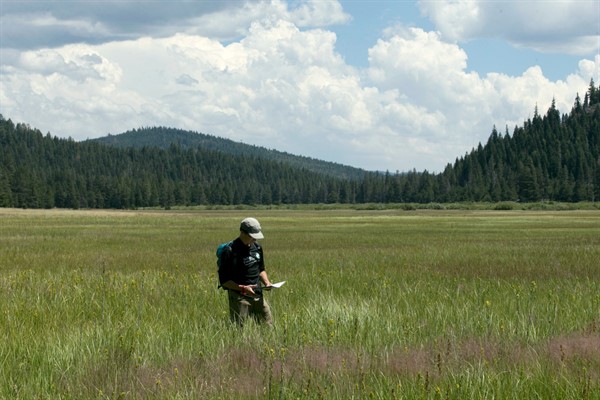California’s State Senate is slated to vote this month on a monumental piece of environmental legislation that, if approved and signed into law, would reaffirm the state’s status as a pacesetter in global conservation. AB 3030, which has already cleared the State Assembly, would commit the state to permanently protect 30 percent of its land and coastal waters by 2030. At a time when the Trump administration is rolling back environmental regulations, opening wild public lands to drilling and mining, and abandoning the Paris Agreement on climate change, the Golden State is betting that environmental conservation and economic dynamism are not contradictory but mutually reinforcing. The good news is that others around the world are reaching the same conclusion.
I can imagine my late uncle, Bob Cline, rolling his eyes. “Unc,” who passed away in May, was a rock-ribbed Republican who represented the northern suburbs of Los Angeles in the California State Assembly in the 1970s. Later, he lobbied Sacramento on behalf of oil and gas producers, as well as the California Cattlemen’s Association. A crusader for property rights, he had little patience for environmentalists or, as he called them, “people who bought their vacation home last year.” We often argued politics good-naturedly at our family’s Lake Tahoe cabin.
I’d like to think he would have come around, eventually. An avid fisherman and duck hunter who treasured his membership in the Colusa Shooting Club, Unc loved being in nature and understood intuitively that its benefits couldn’t be taken for granted. They were a product of conservation and stewardship. That’s why he gave generously to Ducks Unlimited—to make sure wetlands existed for migrating waterfowl. It’s why he tolerated all those “Keep Tahoe Blue” bumper stickers.

